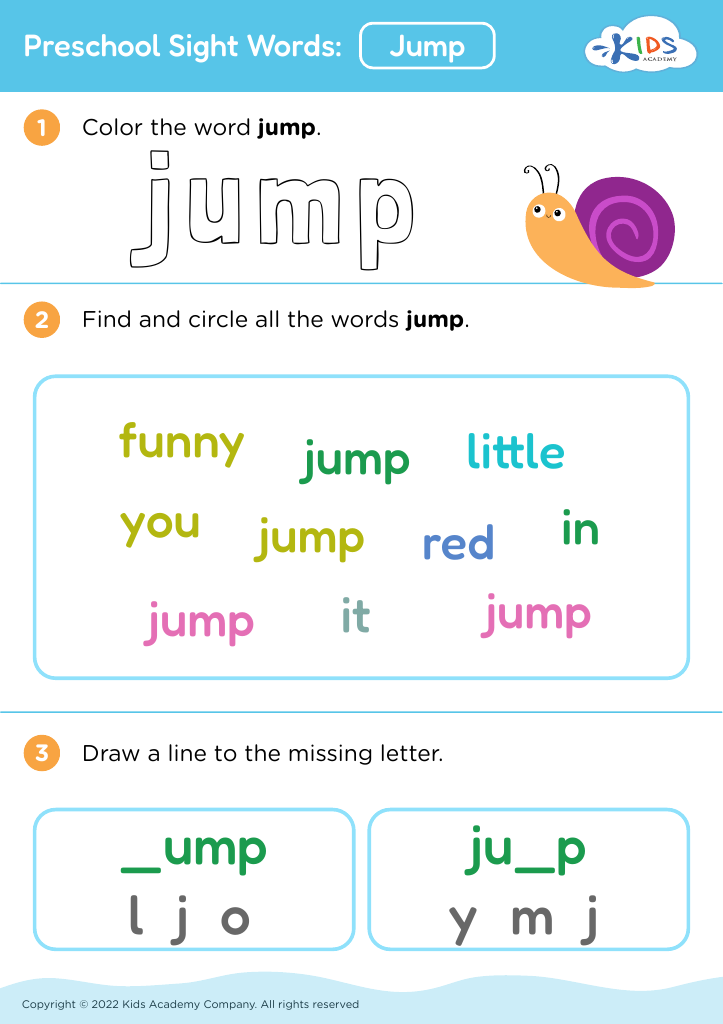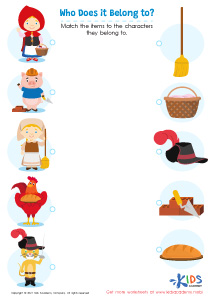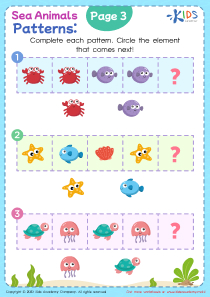Cognitive Development Preschool Building Vocabulary Worksheets
6 filtered results
-
From - To
Discover our engaging Cognitive Development Preschool Building Vocabulary Worksheets, designed to enhance your child's language skills and cognitive growth. These fun, interactive worksheets encourage preschoolers to explore new words, improve comprehension, and develop essential vocabulary through playful activities. Aligned with early learning standards, our materials feature colorful illustrations and hands-on exercises that promote critical thinking and creativity. Ideal for home or classroom use, these worksheets support children’s language acquisition while nurturing their cognitive abilities. Empower your preschooler to express themselves confidently as they embark on a captivating journey of words and ideas. Start building their vocabulary today!
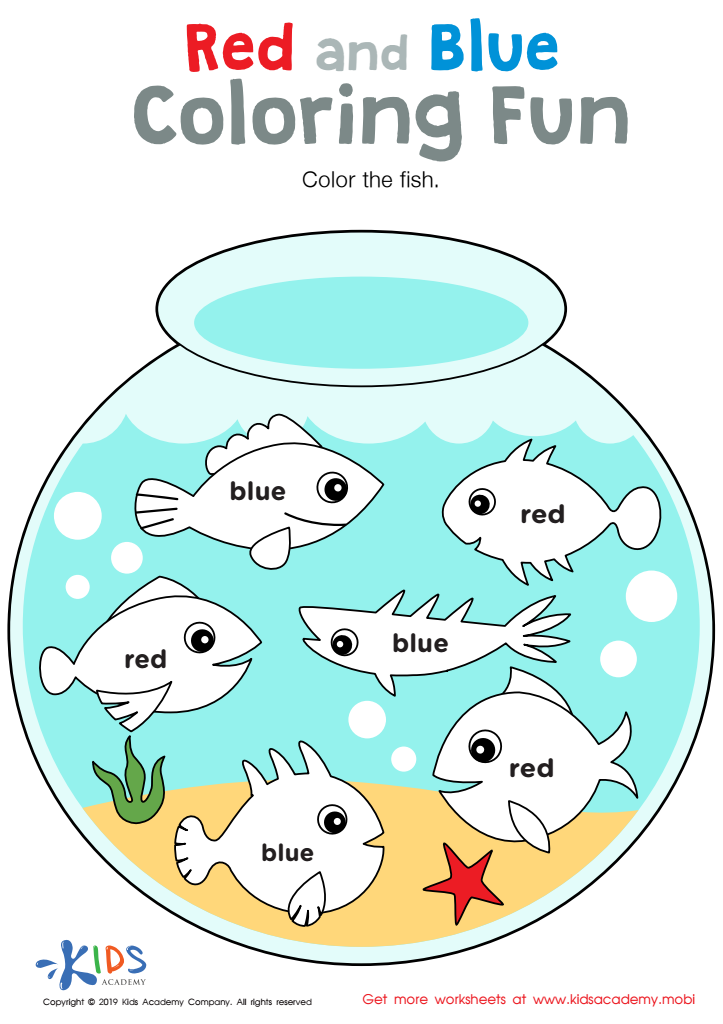

Red and Blue Coloring Fun Worksheet
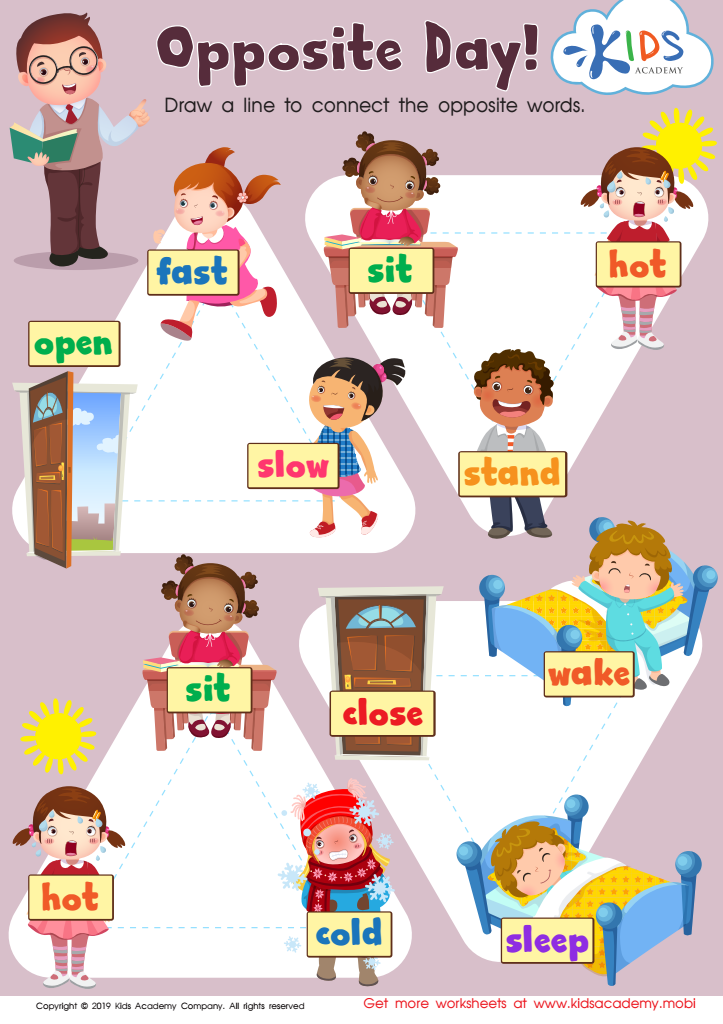

Opposite Day Worksheet
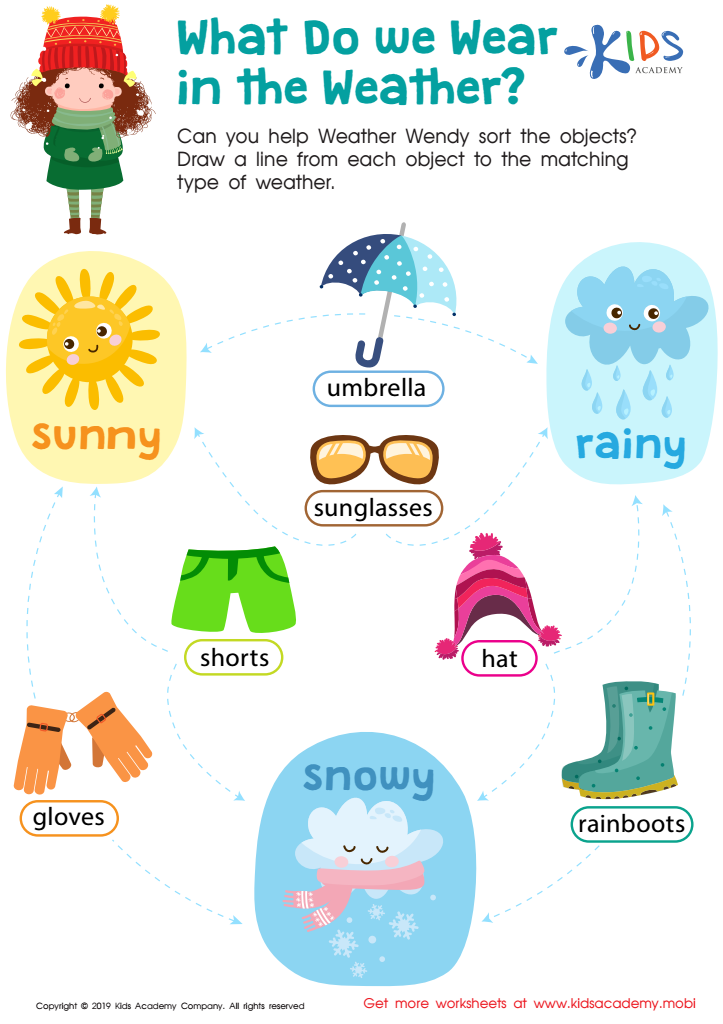

What Do We Wear in the Weather? Worksheet
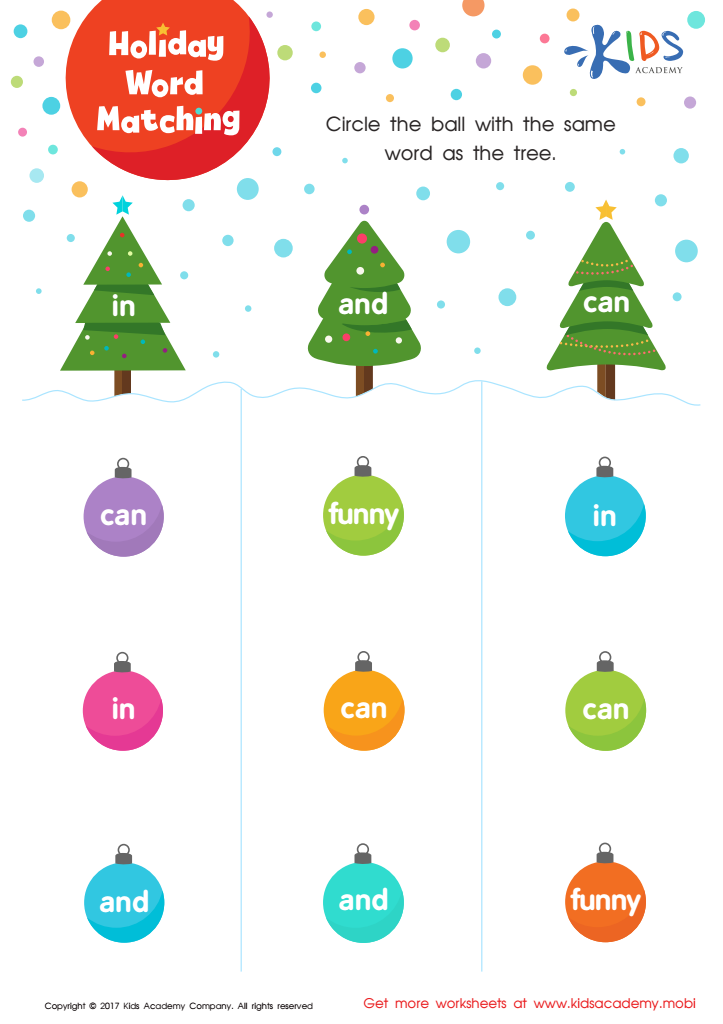

Holiday Word Matching Worksheet
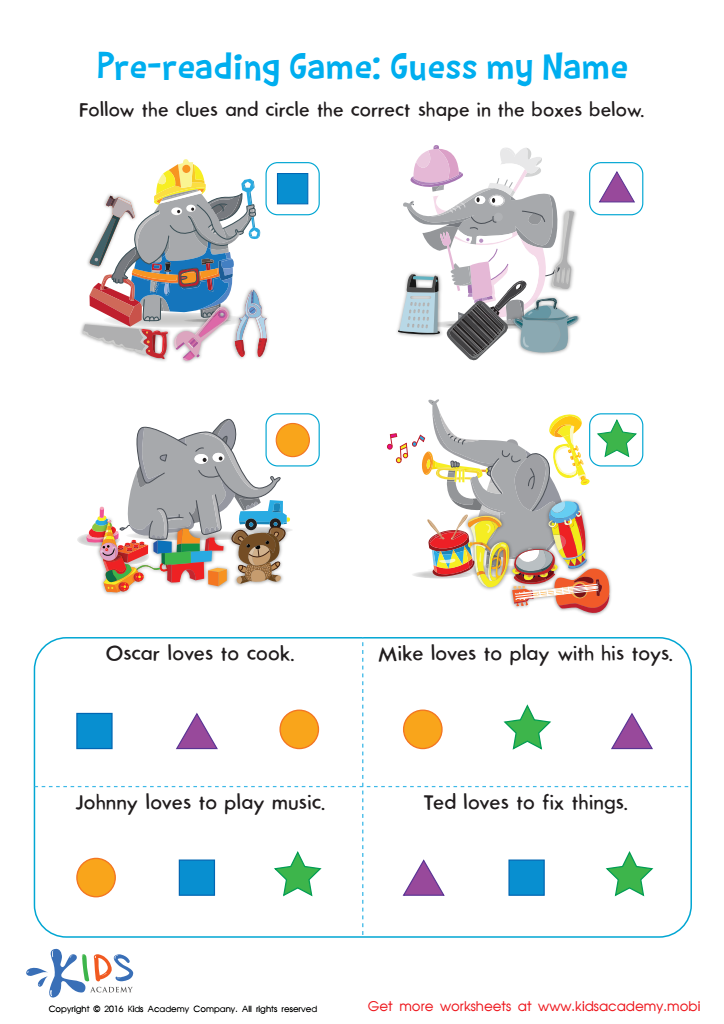

Pre Reading Worksheet Guess My Name
Cognitive development in preschool is crucial for laying the foundation of lifelong learning, and building vocabulary plays an essential role in this process. When children expand their vocabulary, they enhance their ability to think critically and express their thoughts clearly. A rich vocabulary helps preschoolers engage in more complex conversations, enabling them to understand and articulate their ideas, emotions, and needs.
Moreover, vocabulary acquisition is directly linked to literacy skills. The more words children know, the more adept they are at reading and comprehending texts, which can influence their academic success later on. Research shows that strong early vocabulary exposure correlates with higher reading and writing capabilities in later grades.
Additionally, strong vocabulary development fosters social and emotional skills. Children with a robust vocabulary can better navigate social interactions, allowing them to form relationships and resolve conflicts more effectively. By prioritizing vocabulary-building activities, such as reading together, singing, or playing word games, parents and teachers can create stimulating environments that foster cognitive growth.
In essence, investing in vocabulary development during preschool years not only boosts children's cognitive capabilities but also enhances their social skills, emotional intelligence, and overall academic readiness, setting them up for future success.

 Assign to My Students
Assign to My Students


